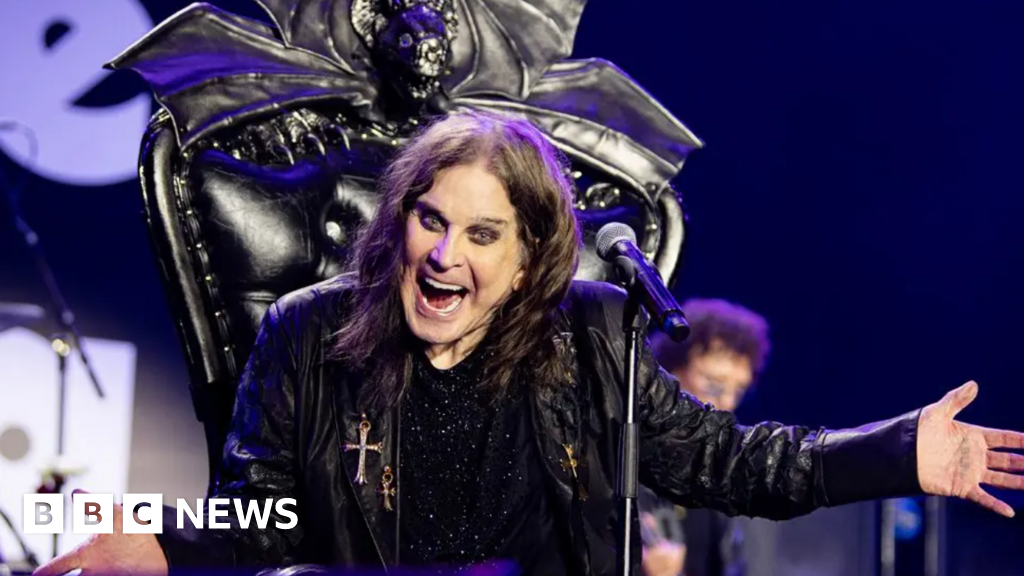Luigi Mangione and widespread wrath with the 1% are what this deft and formally ambitious Irish film instantly brings to mind. In using the mockumentary form to recount the radicalisation and eventual crimes of brothers Seán and Freddie Halpin (Paul St Leger and Alex Eydt), it creates haunting intrigue about their motives, and further layers on a lyrical indignation that strongly marks out Sau Dachi’s debut feature.
Interviews with lovers, friends, colleagues and the authorities who later intervened, as well as faux archive footage, chronicle the dark descent of the fusional Halpin siblings; on the surface they are bright and artistically gifted jack-the-lads, deeper down traumatised by the loss of their mother to botched cervical cancer treatment. Séan, in particular, internalises this as a consequence of capitalism’s disregard for the little people – and focuses his ire on politician Paul Keogh (William Morgan), the brave-new-world-proselytising Minister for Change and Reform.
Dachi’s refracted technique contributes to an almost claustrophobic sense of characterisation – not just of the Halpins, but also those who end up on their receiving end. But, as the brothers don animal masks and begin issuing threatening manifestos on YouTube, the film’s polemic and dramatic strands start to interfere with each other. Giving Freddie free rein to rouse the masses with fusillades of free verse, Dachi is clearly as indignant as the protagonists about modern society’s failings. But he also tries to use the mock interviews to question the Halpins’ sense of certainty: are they folk heroes, or blinkered bedroom revolutionaries high on their own supply?
These cross-currents mean Suit Hung. Tied Tongue labours somewhat for resolution and clarity in its closing stages – and perhaps hedges its bets on the salient issue, whether revolutionary violence is ever justified. But communicating its anger with potent rhetoric, it’s the kind of engaged grassroots film-making that we need more than ever.

 5 hours ago
2
5 hours ago
2










 English (US)
English (US)